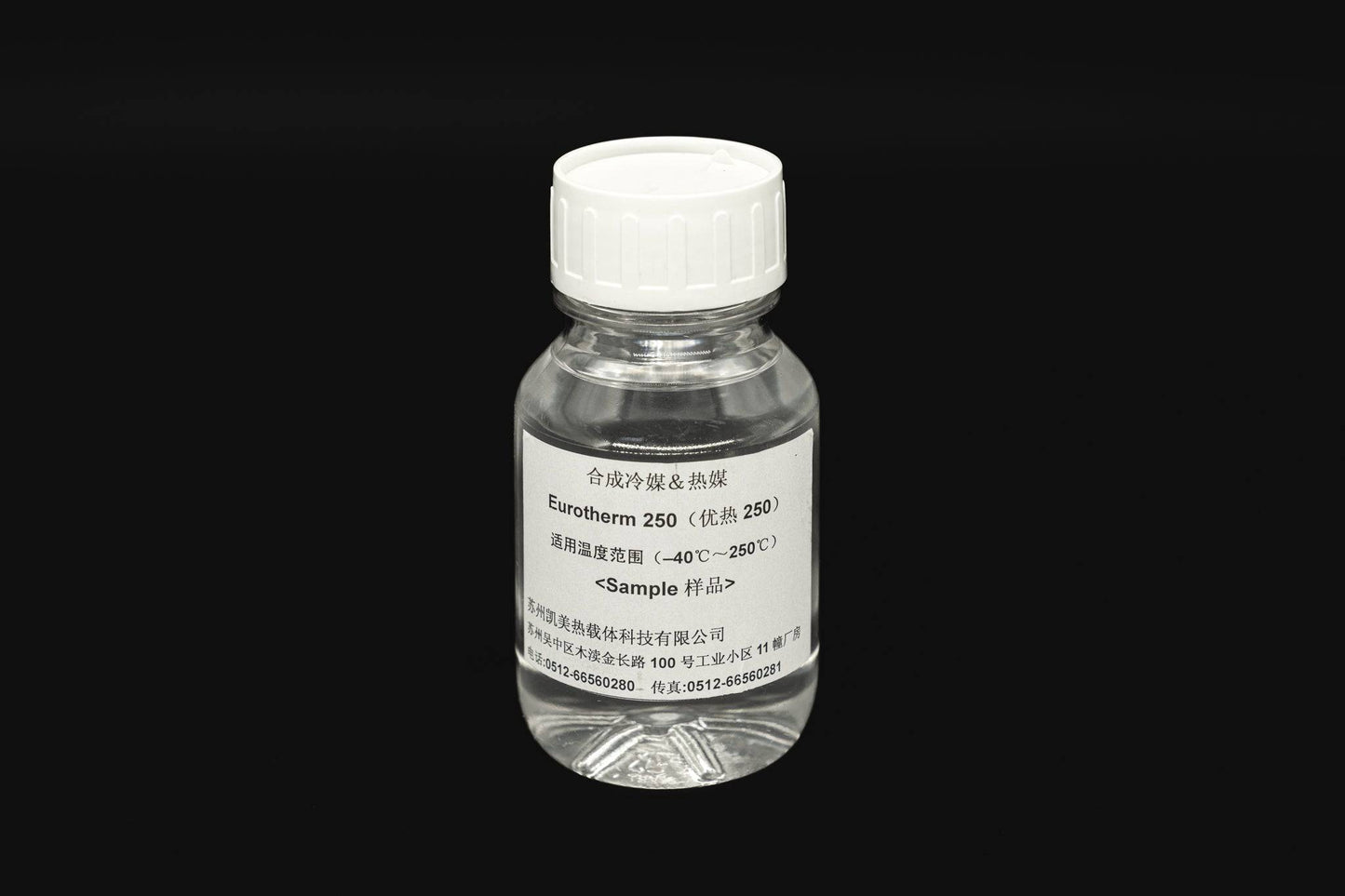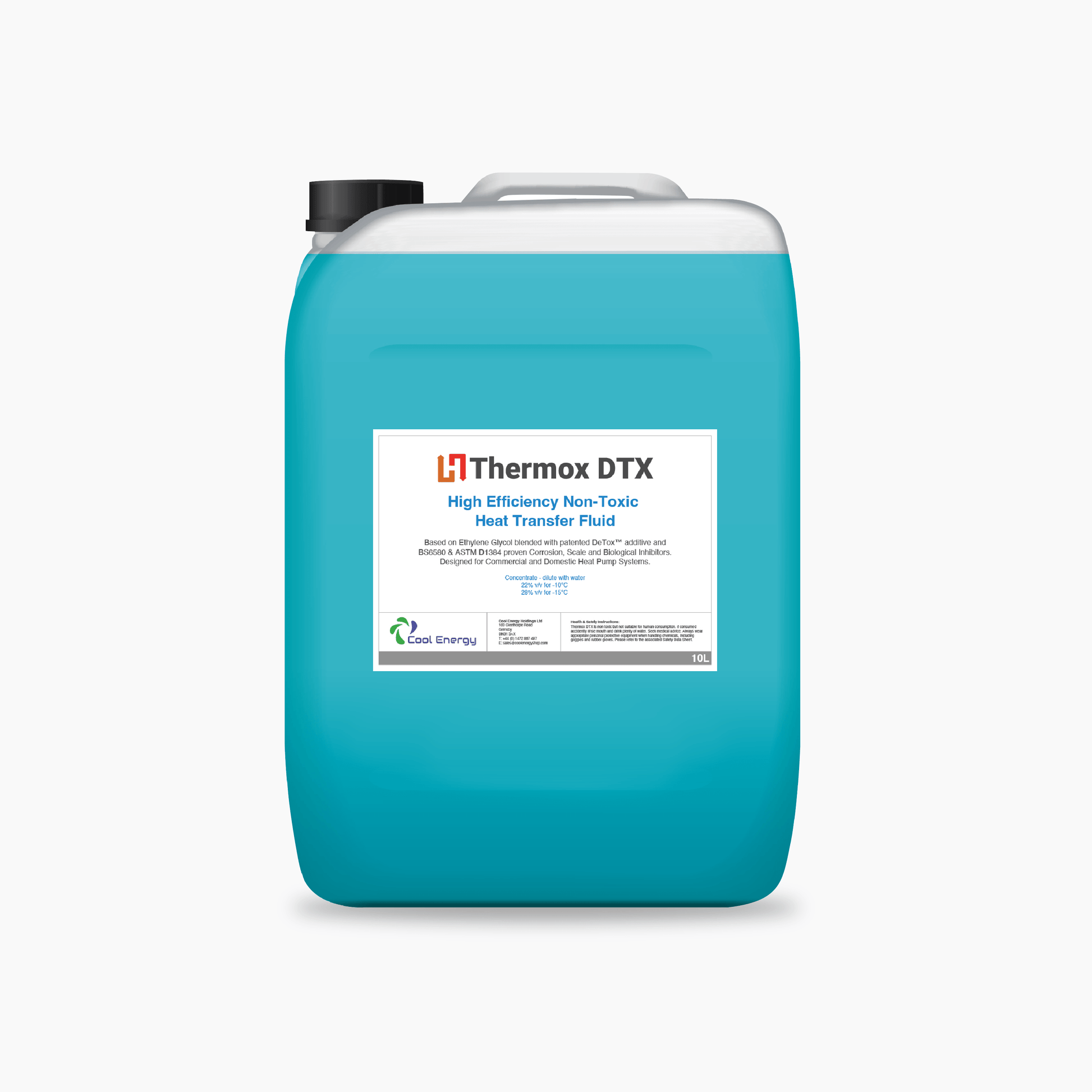The Value of Thermal Stability in Heat Transfer Fluid Option
The Value of Thermal Stability in Heat Transfer Fluid Option
Blog Article
Exactly How Warmth Transfer Liquid Adds to Lasting and Cost-Effective Workflow
In the modern commercial landscape, the role of warm transfer fluids (HTFs) in advertising sustainable and cost-effective procedures can not be overstated. These liquids are crucial in maximizing thermal administration systems, consequently substantially enhancing power performance and decreasing functional costs. heat transfer fluid. The environmental advantages of innovative HTFs, with their high thermal security and low toxicity, are indisputable.
Recognizing Warmth Transfer Liquids
In the world of thermal administration, heat transfer liquids (HTFs) offer as vital agents for transferring thermal power from one location to an additional. These liquids play a critical role in different industrial applications, consisting of chemical processing, power generation, and HVAC systems.
The make-up of warm transfer fluids can differ substantially, including alternatives such as mineral oils, synthetic oils, glycols, and molten salts. Each kind supplies distinctive advantages, such as boosted thermal stability, reduced viscosity, and high boiling factors, which are chosen based on certain operational demands. The option of HTF impacts not only the performance of heat transfer however also the long life and security of the system in which it is used.
As industries proceed to introduce, the growth of advanced HTFs, defined by their boosted thermal conductivity and lowered environmental effect, is critical for satisfying the needs of modern-day thermal management difficulties.

Enhancing Energy Effectiveness

Improving power effectiveness has actually ended up being an extremely important concern throughout various industries, prompting a closer examination of heat transfer liquids' role in optimizing thermal administration systems. These fluids are important to maintaining the wanted temperature level in procedures, therefore reducing power waste and improving total system effectiveness. By picking a proper heat transfer fluid, markets can considerably enhance their energy performance, bring about reduced power consumption.

Advanced formulas of warm transfer liquids have been established to withstand severe temperatures while preserving stability and effectiveness. These technologies prolong the operational life-span of the liquid, decreasing the frequency of substitutes and energy-intensive maintenance tasks. The usage of artificial or bio-based liquids uses added benefits in terms of lowered ecological impact, lining up with global sustainability goals. Consequently, improving power efficiency with optimum heat transfer fluid choice is not just a technical necessity yet likewise an ecological crucial.
Minimizing Operational Expenses
Functional expenses are a substantial consideration for sectors seeking to maintain affordable benefit, and the choice of warm transfer fluid plays a crucial duty in cost administration. Picking an appropriate warmth transfer liquid can bring about significant expense financial savings by enhancing system performance and lowering energy intake. High-performance fluids lessen thermal degradation, which consequently lowers the regularity of fluid substitute and downtime related to maintenance, therefore decreasing operational costs.
Furthermore, warm transfer liquids with exceptional thermal security and deterioration resistance extend the life-span of equipment. This reduces the demand for frequent fixings and substitutes, which can be costly and go to the website turbulent to procedures. By buying top notch liquids, markets can attain long-lasting reductions in maintenance prices and enhance the integrity of their systems.
Additionally, advanced warmth transfer liquids often show lower thickness at running temperatures, which enhances pump efficiency and reduces energy usage in fluid blood circulation. This optimization of power intake straight converts right into lowered functional expenses. Moreover, several modern heat transfer liquids are engineered to operate effectively over a vast temperature level variety, lowering the demand for multiple liquid kinds, therefore simplifying inventory needs and decreasing connected expenses. These factors jointly add to more sustainable and economical operations.
Ecological Influence Reduction
The push towards minimizing environmental effect has actually obtained momentum in markets leveraging warmth transfer liquids. Heat transfer fluids (HTFs) play a critical duty in this change, offering possibilities to boost energy effectiveness and lower exhausts - heat transfer fluid.
Additionally, using advanced heat transfer liquids adds to enhanced system performance, decreasing the general go to my site power usage. This reduction not just leads to expense savings yet additionally reduces carbon dioxide emissions, aiding in the fight versus environment modification. Fluids that are biodegradable and recyclable better improve sustainability initiatives, as they diminish waste and promote round economic situation techniques.
In addition, including HTFs right into closed-loop systems stops fluid loss and contamination of the surrounding environment. This method guarantees that liquids are reused, minimizing the demand for new sources and restricting waste generation. By embracing these eco conscious strategies, industries can dramatically diminish their ecological effect while maintaining high functional efficiency, aligning with worldwide sustainability objectives and regulatory demands.
Selecting the Right HTF
Selecting the proper heat transfer fluid (HTF) is a crucial action in progressing environmental sustainability within commercial procedures. The choice of HTF directly affects system performance, power consumption, and environmental impact. An ideal HTF must possess a high thermal capability, low thickness, and high thermal conductivity to make certain effective warm transfer. Furthermore, its stability over a broad temperature array is crucial to prevent deterioration, which can cause boosted discharges and waste.
When selecting an HTF, it is important to consider its compatibility with system materials to avoid corrosion and chain reaction. This makes sure durability and decreases maintenance prices. The fluid should be safe and naturally degradable, minimizing its eco-friendly footprint and making certain conformity with environmental guidelines. The lifecycle price of the HTF, including acquisition, operation, and disposal, should see here now additionally be assessed to make sure economic usefulness.
Verdict

Report this page